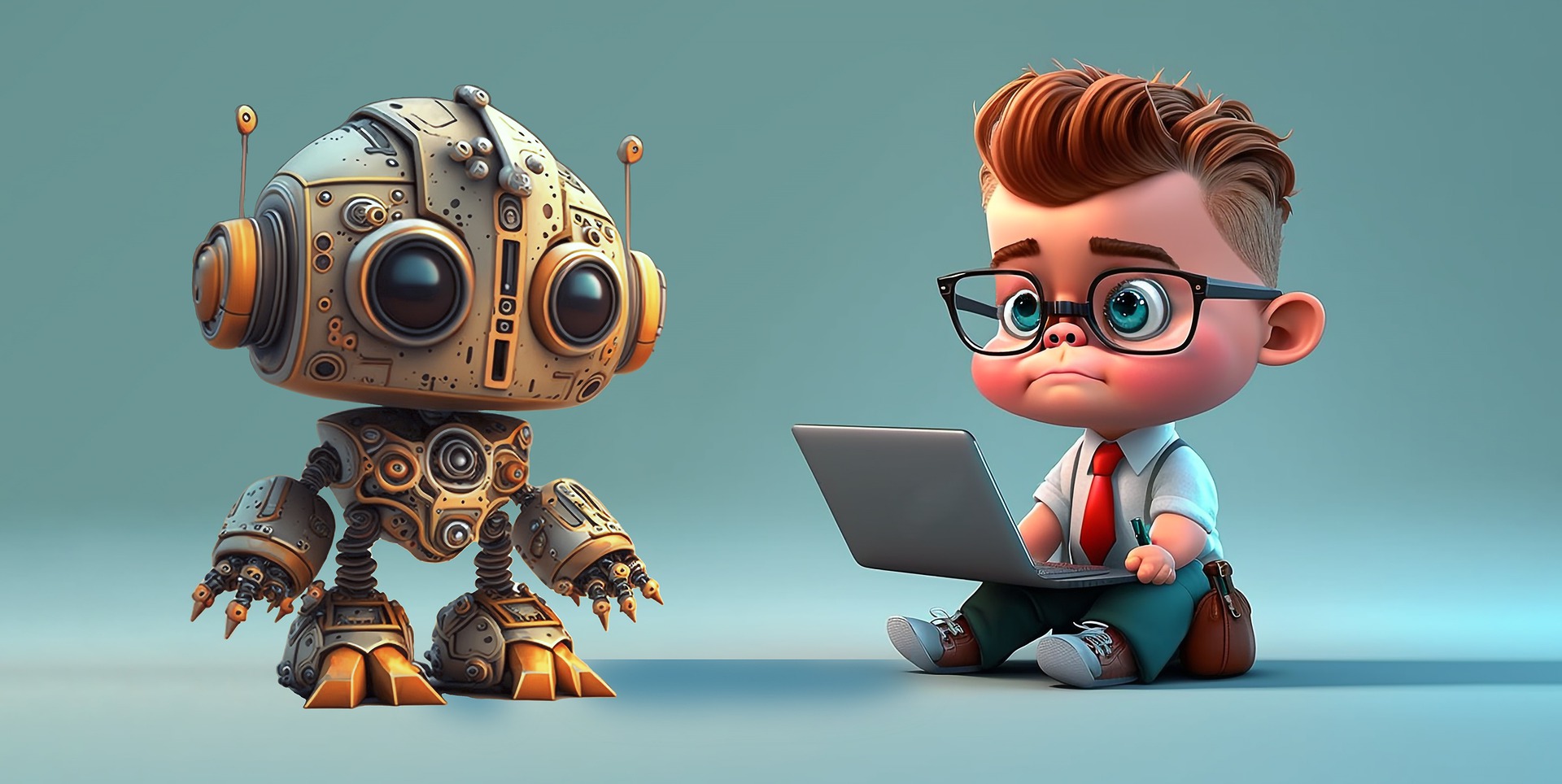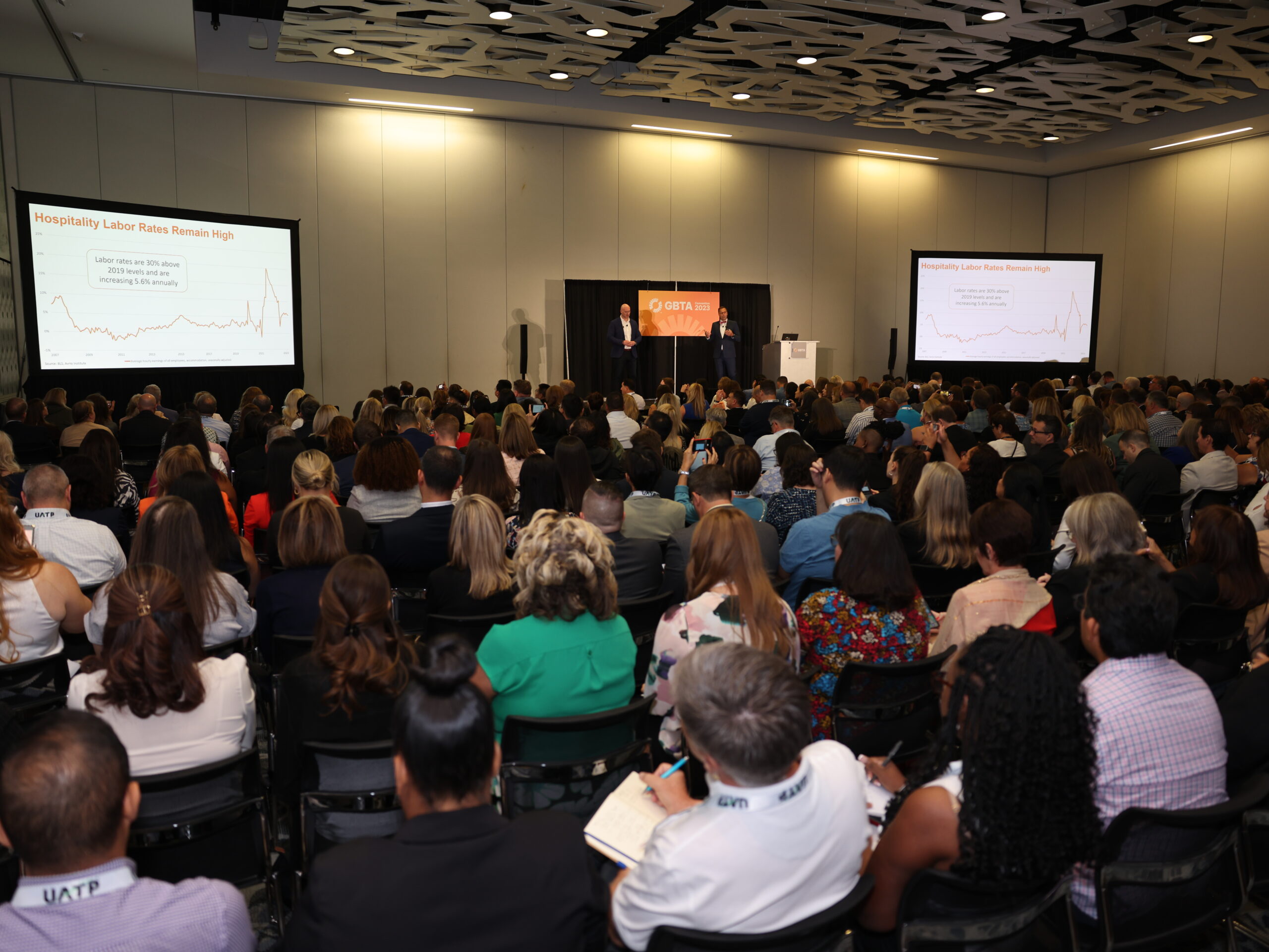Last week, I found myself in Nashville. Sadly, it wasn’t to see Taylor Swift live, but for something equally inspiring: the Unleash HR Summit, a hub for HR innovation.
At the event, I reconnected with Dirk Beveridge, whose work transforming legacy distributors into agile, innovative leaders has been nothing short of remarkable. Seeing him bring his expertise into the world of HR felt especially powerful, because the radical reinvention of people and culture sits at the heart of HR innovation and organizational transformation.
The summit was exceptional, and I was grateful to be part of such a forward-thinking community. My keynote focused on the intersection of HR, technology and innovation, showing how leaders can harness both to disrupt outdated traditions while building more human-centered workplaces.
TL;DR
-
HR innovation requires embracing both technology and human impact.
-
AI is elevating HR into a more strategic role.
-
Demographic shifts, especially Gen Z, demand new tools and approaches.
-
Employees expect meaning, clarity, and recognition from work.
-
New systems, not just goals, drive growth and transformation.
HR Technology Driving Innovation
Technology has transformed nearly every industry, and HR is no exception. What was once primarily about digitization, moving from paper to digital files, has now shifted into “datafication”, where workforce data itself becomes a powerful driver of decision-making.
For HR leaders, the challenge is twofold:
-
Stay current with emerging tools that improve analytics, engagement, and talent management.
-
Understand the second-order effects of technology, which often prove more disruptive than the tools themselves.
Pro tip: Don’t just ask how a new technology improves efficiency. Ask how it reshapes team dynamics, culture, and the future of work itself.
Embracing the Changing Nature of Artificial Intelligence
The headlines may suggest otherwise, but AI isn’t here to replace HR jobs, it’s here to reshape them for the better.
The rise of new AI applications gives HR executives opportunities to:
-
Deploy chatbots for 24/7 employee support.
-
Use predictive analytics to identify employees at risk of leaving.
-
Elevate HR’s role from administrative to strategic.
Those who embrace AI early will gain a competitive edge, not by automating people out of the equation, but by using AI to free HR professionals to focus on high-value human work: coaching, culture-building, and strategy. (See also: Gartner, AI in HR: How AI Is Transforming the Future of HR).
HR Innovation Amid Demographic Shifts
With Gen Z entering the workforce in larger numbers, their expectations for speed, access, and autonomy are reshaping HR practices. This generation values:
-
Quick access to information.
-
Independence in problem-solving.
-
Technology-enabled, on-demand services.
At the same time, today’s workforce is more multigenerational than ever. HR leaders now balance the needs of five generations under one roof, each with distinct preferences.
Technology can help bridge these divides:
-
Employee self-service portals give staff control over information.
-
VR and AR tools create immersive onboarding and training experiences.
-
Knowledge-sharing platforms scale expertise from seasoned employees to new hires.
It’s about meeting people where they are and ensuring technology amplifies (not alienates) the employee experience.
Employees Need More From Work
The data on employee sentiment paints a concerning picture:
-
Many workers feel disconnected from their company’s purpose.
-
Roughly half report they don’t clearly understand what’s expected of them.
-
Only a third feel they use their strengths daily or that their work is meaningful.
Hybrid work, while flexible, risks amplifying these challenges by reducing casual, clarifying conversations that once happened naturally in the office.
HR executives have a unique opportunity (and responsibility) to close this gap. Employees don’t just want perks. They want:
-
Clarity of expectations
-
Recognition for contributions
-
A sense of impact and meaning
Technology, thoughtfully applied, can help, but it must be paired with human leadership.
Growth Requires New Systems to Drive HR Innovation
Author James Clear once wrote, “You do not rise to the level of your goals, you fall to the level of your systems.”
In HR, this means technology alone isn’t enough. New tools demand new processes. Applying AI or automation to outdated systems only reinforces inefficiencies.
HR leaders should focus on:
-
Agility: fostering a culture that embraces experimentation.
-
Innovation: rewarding employees for fresh ideas.
-
Learning: creating systems that encourage growth and adaptability.
When processes evolve alongside technology, organizations unlock the full potential of HR innovation.
Rethinking the Future of HR Leadership
The role of HR is evolving into one of the most strategic levers of organizational success. The time to act is today.
To remain competitive and relevant, HR executives must:
-
Anticipate workforce trends.
-
Adapt talent strategies to demographic shifts.
-
Leverage technology as a force multiplier.
The future of work is about creating environments where people and technology together drive innovation, resilience, and growth.
Conclusion: The Human Side of Tech
At the end of the day, the human side of technology is what matters most. HR leaders who lean into both innovation and empathy will be the ones who disrupt outdated traditions and define the future of work.
The question isn’t whether technology will transform HR. It already has. The question is whether HR leaders will embrace this transformation in ways that make work more human, more purposeful, and more innovative.
Related content you might also like:
- The Continued Digital Revolution of HR
- Is AI Adoption in the Workplace Stalled?
- U.S. Demographic Shifts
- Harnessing AI for Enhanced Profitability in Times of Diminishing Demand



